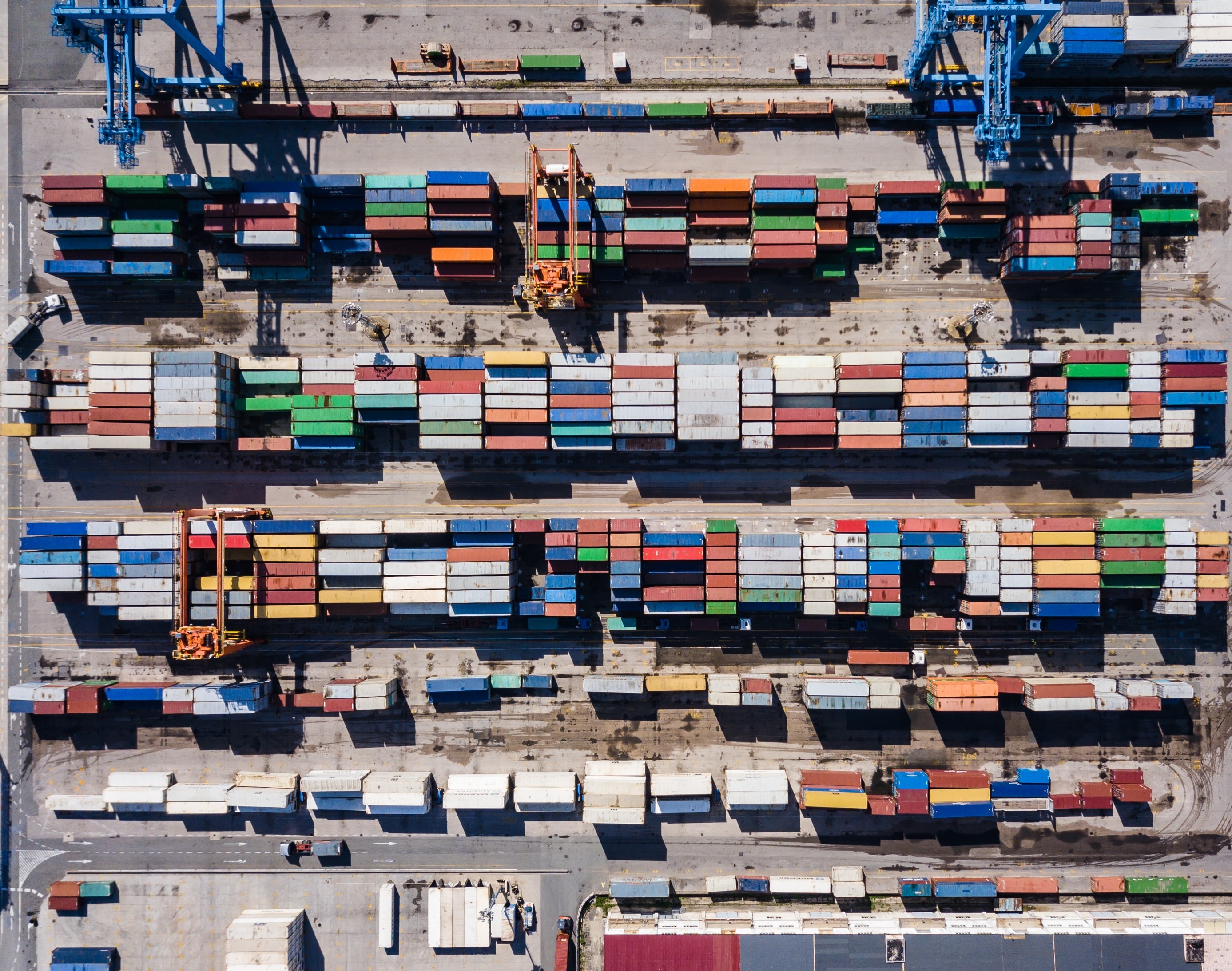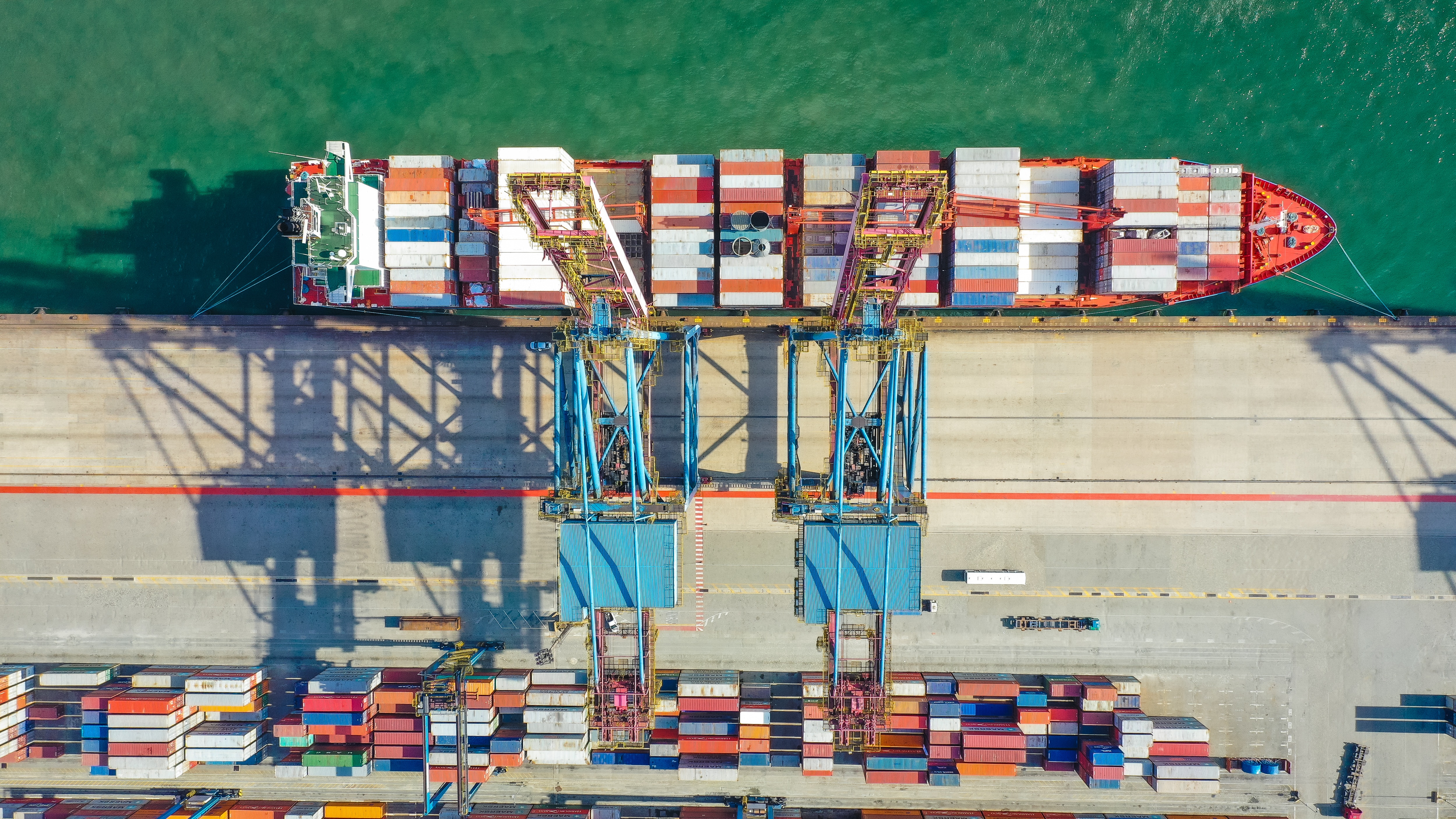The unique role of SMEs and supply chains in charting a positive future

Did you know that small and medium-sized enterprises (SMEs), sustainable supply chains and sustainable procurement practices can have an enormous impact on achieving the SDGs?
With an estimated 80 per cent of global trade passing through supply chains, businesses have an opportunity to create meaningful change by focusing on sustainable practices with the companies, organizations and resources that move and make their products and services.

Companies have an opportunity to make a positive impact while also improving the resilience and sustainability of their supply chains. Driving sustainability through transforming supply chains has the potential to lift millions out of poverty, mitigate climate risks and advance the Sustainable Development Goals.
SMEs
SMEs, or small and medium-sized enterprises, are uniquely positioned to create positive change.
SMEs make up 90 per cent of businesses and account for 50 per cent of total employment worldwide. Nearly 40 per cent of GDP in emerging economies are derived from SMEs. SMEs have the potential to drive global sustainability progress and inclusive growth.

However, SMEs face significant challenges in adopting sustainable practices and seizing opportunities in the green economy, including access to finance and information, vulnerability to supply chain disruptions and difficulties with reporting requirements in a complex regulatory environment.
These challenges are even more significant for minority-owned businesses, which often face higher rates of capital due to limited access to assets and discrimination based on gender, age, race, sexual orientation and gender identity. As entities driving global progress, it’s critical to consider SMEs in advancing sustainable practices.
SMEs are critical drivers of job creation, poverty reduction and sustainable economic growth.
Supply Chains
Supply chains play a crucial role in global progress toward the Sustainable Development Goals (SDGs), with two-thirds of companies’ ESG footprint tied to their suppliers. Innovation is essential for driving sustainability in supply chains. Collaboration across sectors and industries can enable organizations to address shared challenges. Companies with more sustainable supply chains can reduce their greenhouse gas emissions by an average of 50 per cent.
When organizations work closely with suppliers and SMEs on new processes, ideas and methods, they can develop and scale solutions that reduce environmental impact and enhance resilience.

A company’s entire supply chain can significantly impact its promotion of human rights, fair labour practices, environmental progress and anti-corruption policies.
Cross-industry collaboration fosters the exchange of ideas, technologies and best practices, creating a more effective path toward sustainable supply chain transformation. Specifically, technology like AI can drive change.
AI-powered tools can provide real-time tracking of goods, helping companies monitor carbon footprints, reduce waste and ensure ethical sourcing across the entire supply chain. Additionally, companies leveraging AI to analyze supplier data have seen a 20 per cent increase in sustainable vendor partnerships, accelerating ESG targets (Gartner, 2024) Finally, using predictive analytics can cut overproduction by 35 per cent, saving both costs and environmental resources (McKinsey, 2024).
Collaboration and innovation within industries can lead to standardization, which plays a pivotal role in simplifying the implementation of sustainability initiatives. Companies can work together to establish frameworks, clear metrics, best practices and shared expectations, ensuring that all stakeholders are aligned and working toward common goals.
When companies consider the impacts of their supply chains, they can transform their business practices to advance the SDGs.
Sustainable Procurement
Sourcing should no longer be focused solely on cost, quality and delivery — it reflects a company’s accountability and commitment to sustainability. Nearly half (47 per cent) of CEOs state that building a responsible supply chain is part of their sustainability strategy.
Sustainable procurement policies are an opportunity to move beyond compliance and create shared value for all stakeholders involved in the sourcing process. Companies need to integrate cost efficiency with sustainability metrics, embedding sustainability directly into procurement practices rather than treating sustainability as an add-on.
Viewing sustainability through a procurement lens strengthens a company’s strategy, fostering long-term resilience, improving relationships with suppliers and reducing risk.

Procurement has the power to enforce ethical practices, protect labour and human rights, prioritize sustainably sourced materials with reduced environmental impacts and collaborate with suppliers to achieve shared sustainability goals through training and support initiatives.
For example, if five industries (agriculture, forestry, fishing, mining and manufacturing) took collective action to encourage living wage adoption across their supply chains, it could lift 26 million people out of working poverty.

With sustainable sourcing, companies can ensure that every resource procured is contributing to a better future.
Learn more about how your company can mitigate risks and advance decent work in your global supply chain.
Through collective action, implementing sustainability in supply chains and supporting SMEs, we can redefine value creation. In doing so, we can move beyond the narrow focus on growth and optimized efficiency to prioritizing regeneration of our planet and uplifting of communities worldwide.
Learn more, and take action with the UN Global Compact SPARK Community.


